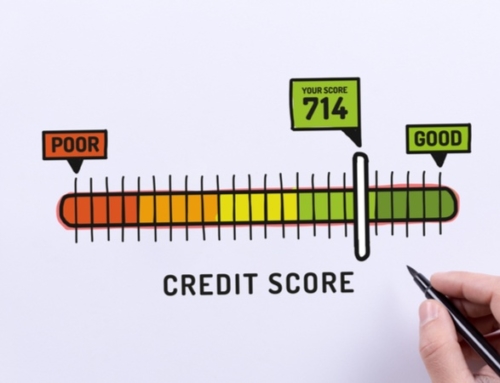According to a recent survey, the average American is now carrying close to $9,000 in credit card debt.
Of course, that figure is an average. Many Americans owe far more than that to their credit card companies.
While paying the minimum amount owed each month, on time, shouldn’t damage your credit score, there are at least 9 good reasons to pay off your credit card debts, not to mention your other loans like auto loans and school loans, and wipe your credit slate clean:
-
You’ll never get rich by paying someone else interest on credit card debt. When you owe money to credit card companies, you’ll pay anywhere from 0 percent interest (if you’re lucky enough to get a short-term rate like that) to as much as 33 percent interest or more. If you paid off your debt, all that cash could be fattening your savings account, or going into a Roth IRA or other retirement account. And then the bank would be paying you.
-
Credit card debt is eventually going to sink your credit score – if it hasn’t already. Think of your credit score as your financial SAT. It’s a number that is assigned to you based on an assessment of your credit history. If you borrow to the maximum of each of your credit cards, you’ll end up with a lower credit score because lenders think borrowing to the max means you can’t manage your credit effectively.
-
You’re limiting your credit options. If you owe enough to credit card companies, you’ll have a tough time getting new cards with lower balance transfer interest rates or even the preferred zero interest rate cards. If you have pristine credit, you’ll receive the best credit card offers.
-
You’ll have nowhere to turn in an emergency. Although it seems like credit card companies will extend you enough credit to hang yourself, in reality there is a limit to how much you can borrow. If you borrow to the maximum amount available on your credit cards, and an emergency happens, you’ll have nowhere to turn. Better to pay off your credit cards and have an emergency fund – just in case.
-
You may have trouble getting a mortgage or a car loan. When it comes to applying for a mortgage, lenders will take into account how much you owe to other creditors, like credit card companies. If your debt-to-income ratio (how much debt you have compared to how much income you earn) is off, you may not get approved for your mortgage or car loan.
-
You may only be able to afford a much smaller mortgage than you want. A loan officer will subtract how much you owe on your credit cards each month from the total amount you can afford to spend on a home. If your minimum monthly payment is $300, that’s $300 less each month that can be applied toward your mortgage.
-
You’ll pay higher interest rates for other types of loans. When you have a lot of debt, you’ll end up paying more for car loans and mortgages, both in fees and in a higher interest rate, because lenders see you as a greater credit risk.
-
You’re at a greater risk of being victimized by a predatory lender. Predatory lenders use data bases to search for borrowers who owe a lot of money. Then, they’ll offer you an unbelievably good deal that will seem like it’s the answer to your prayers – until you actually get to the closing and see what you’re signing. You can avoid getting scammed by predatory lenders by paying off your debts, raising your credit score, and shopping around to compare interest rates and fees.
-
You’ll sleep better at night. Although bankruptcy and debt carry a lesser stigma than in previous generations, owing money gets in the way of planning for your financial future. Getting out of debt is like taking a huge weight off your shoulders. You’ll walk taller, and feel better about yourself. And, you should sleep better knowing you don’t owe a penny to anyone.
Published: Sep 5, 2003






Leave A Comment